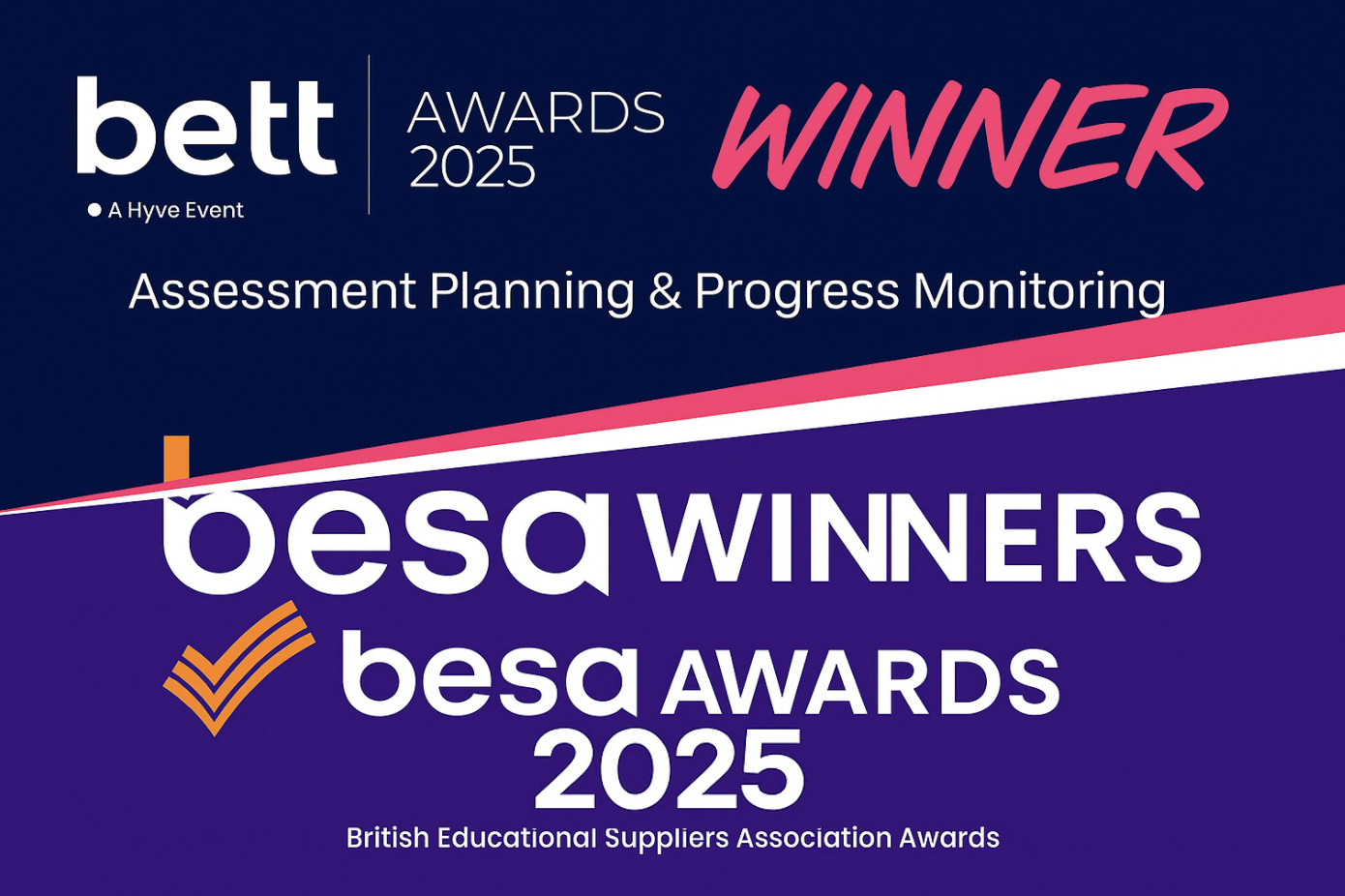Standing Tall with SEN by:
Josianne Pisani
I’m guilty of it too! The realisation that a child has special educational needs (SEN) can be difficult to accept. You fear the reaction of others. This is all understandable knowing that some still view SEN as a disability that makes a child less capable and is mainly associated with struggles and learning difficulties not to mention emotional, behavioural and communication issues. Whilst SEN can manifest itself in different levels and in different ways, it does not render a child a lesser person than anybody else. Still, thoughts of rejection and struggles weigh down on you like a ton of bricks.
As a parent, you are bound to go through a roller coaster of emotions, from denial to anger, fear, sadness, confusion and guilt. Yet you cannot let these feelings consume you, rendering you powerless to meet your child’s needs. Your child needs you to be their voice - you are their best advocate. Only when you accept the reality of the situation can you develop a plan to address the challenges.
SEN of course does not only impact parents. As an Educator, you could also feel overwhelmed with the responsibility that having a child with special needs in your care brings. You question whether you are doing the right thing, whether you have the right expertise to deal with the situation or how you will cope. But children need all the support they can get, so you cannot allow yourself to become immobilised, but rather find solutions that allow you to serve them adequately.
So how do we leverage all this?
Learn as much as you can about the child's learning and thinking capabilities. Understand what the child’s strengths are and where their developmental challenges lie. This will increase your confidence as a parent and equip you to become an advocate for your child. From an educator’s point of view, understanding where a child’s learning issues are stemming from will empower you to set appropriate targets and use strategies that are right for the child.
Having the right support in place makes a huge difference not only on the child, but also the adults around them. You see, it could be quite frustrating when things don't work out the way we expect them to, stressing us out if not making us right down anxious. This can have serious consequences on everyone involved, including the children in your care.
Anxiety facts
Anxiety may sound like a buzzword, but many people underestimate the impact it has on their life and the life of those around them. Whilst some levels of anxiety can be good and can be an opportunity for growth, high levels can have serious repercussions. Here’s why:
- Anxiety in adults leads to higher anxiety in children and impacts the relationship with them.
- It causes people to feel frightened, distressed, or uneasy.
- In children, it also reduces working memory capacity, affecting their work at school.
- It shows up in complaints such as stomach aches, headaches, or behavioural issues like temper tantrums and could be the cause of restlessness, inattention, avoidance, and frequent meltdowns.
- It can manifest itself in anger - externalising the conflict is much easier than actually acknowledging it.
Anxiety is a normal response to stressful events happening around us.
Yes, anxiety is a normal response to stressful events happening around us. It only becomes a problem when we don’t know how to handle it, misread the situation or ignore the signs. Here are some useful tips to combat and help reduce anxiety:
Exercise - studies show that this is an effective way of changing our mood. It doesn’t have to be anything intense. A silly activity in the comfort of your home will suffice.
Spend time outside - this has immense power. Go for a walk, observe what is happening around you, what you hear, what you smell and just be in the present moment. This is also a fun activity that can be done with the child.
Focus on one task at a time - this will help you give the task at hand the attention it needs and avoids you getting overwhelmed. When you’re done, have a short break before tackling the next task. Short breaks are equally important for children as it helps them refocus and reorganise their thoughts.
Some children are more vulnerable than other kids and need more support. But, your well-being, whether a parent or an educator, is just as important. Remember, it’s not the struggles or the difficulties that define us but how we deal with them as Jo Bradley, founder of Learnful Schools and a mindfulness coach with a strong background in education, explained when she spoke to us about the difficulties our body and mind encounter when we are overloaded, trying too hard or thinking too much.
We can all create positive changes - we just need to find out how. We discuss this and much more with Jo in our next article Finding the Calm Beneath the Stormy Seas.
About the Author & PAGS:
Josianne Pisani is a teacher, teacher trainer and a PAGS professional. At PAGS we specialise in providing support for parents and in helping schools and professionals to improve the process of identifying special needs and put in place effective measures that meet the learners’ needs and facilitate the learning process. Find out more here.
Get regular updates and insights from the PAGS Team.

.jpg)



